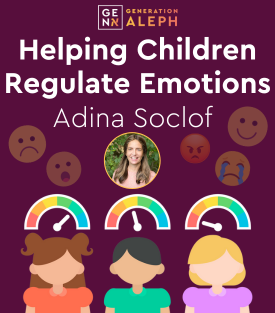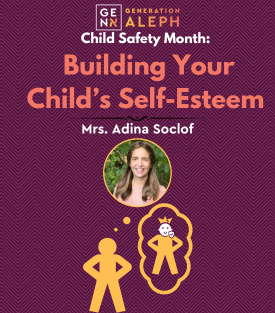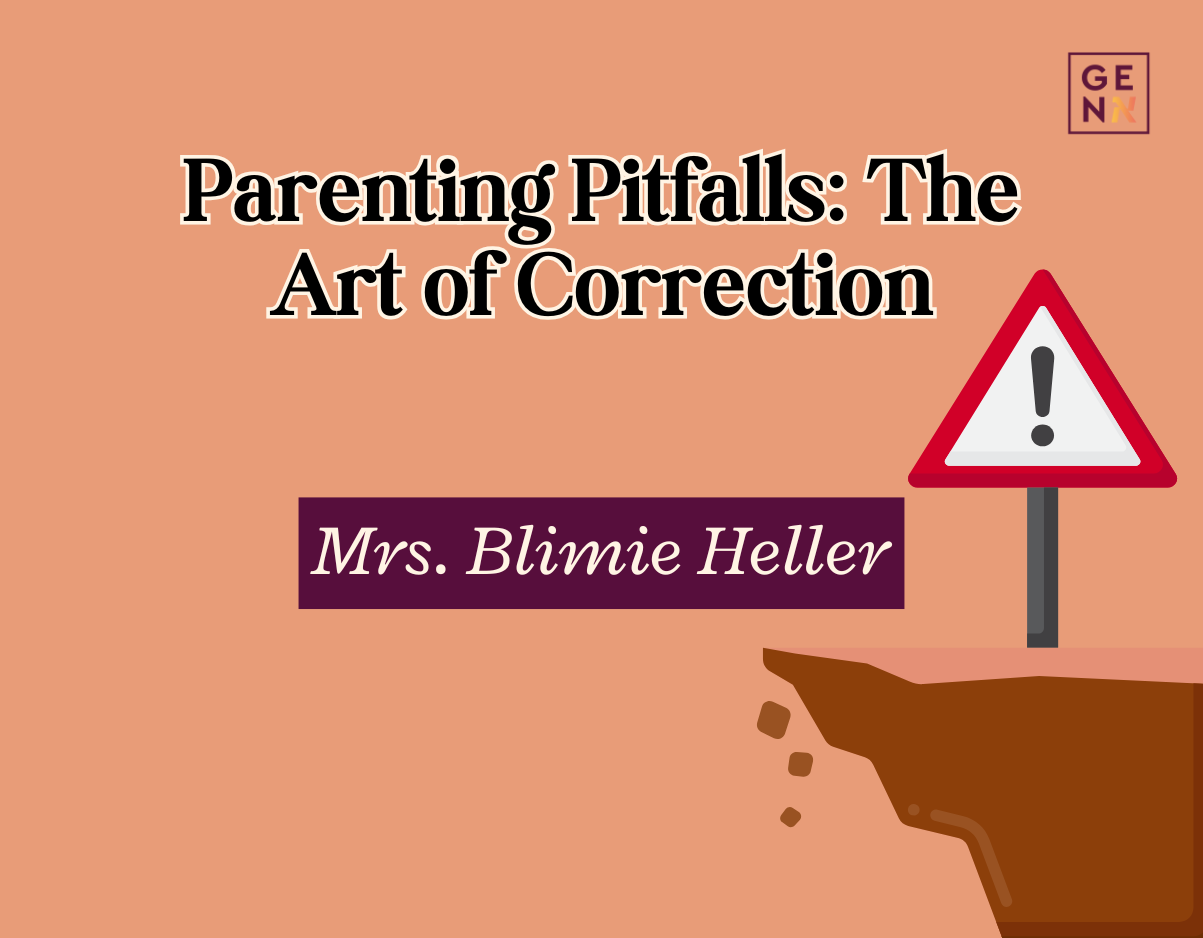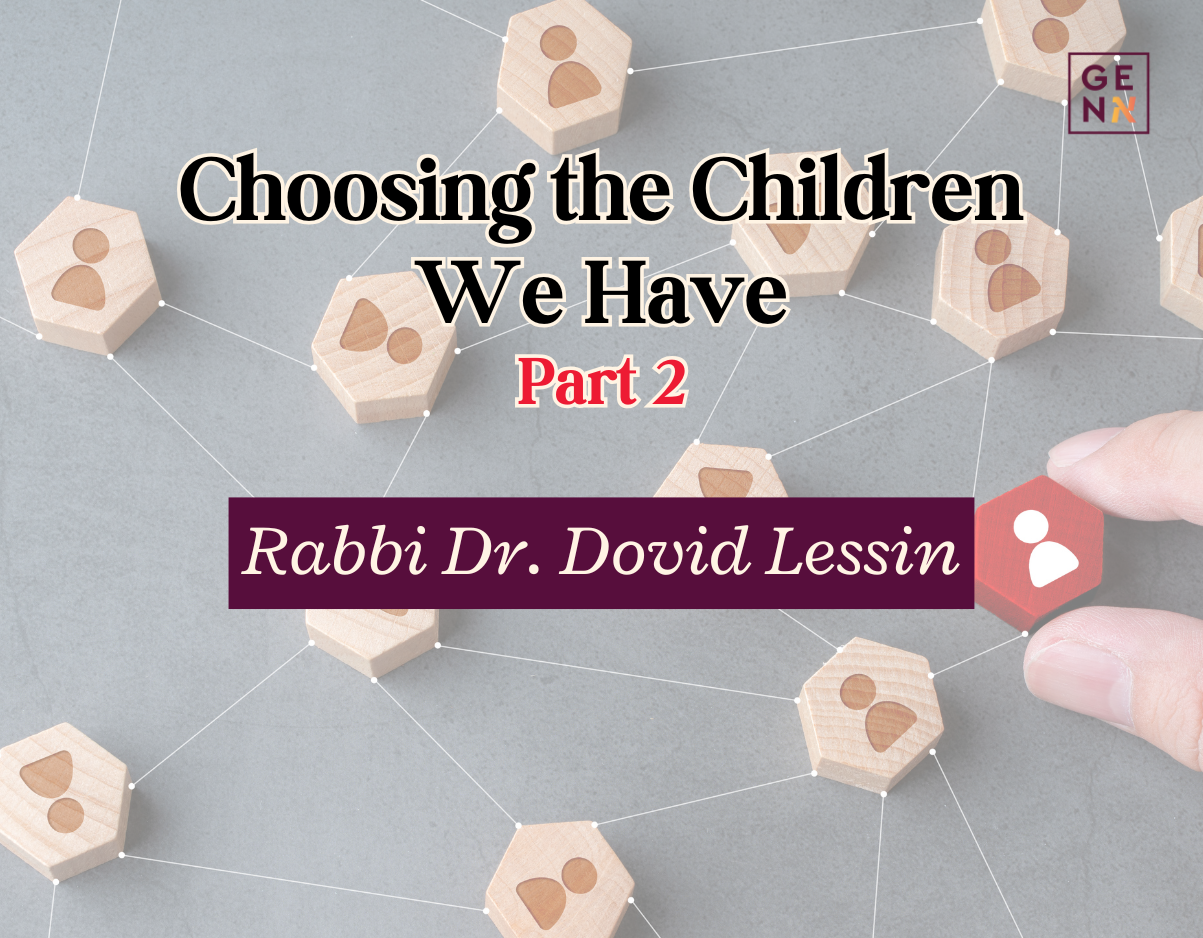In our last article, we discussed the importance of choosing the kids we have so that they don’t grow up feeling like impediments to our happiness. We explained that having children is only one part of becoming a parent – deciding that we want these children is another matter entirely, one that requires an active choice on our part to embrace each little life that has been sent our way. But much like we forget to find joy in so many things we already have, we overlook this point with our children as well. We tend to search for sources of happiness all around the world and not realize that we’ve already been tucking them into bed every single night.
Not comparing
If the quickest way to parental happiness is to choose the kids we have, then the surest road to parental misery is to focus on how well everyone else’s kids are doing. This is what psychologist and meditation teacher Tara Brach refers to as “if-only mind,” the mentality of looking at things not for what they are but for what we wish they would be. If there were ever a formula for discontent, this would be it. We simply cannot live in one reality while desiring another and assume that we’ll end up happy in either.
Yet, as parents, we fall into this trap more often than we’d like to admit. Parenting is hard, and it’s tempting to look around at our friends’ and neighbors’ children and secretly wish that our kids were more like theirs. This is “if-only mind” at its most destructive, because in addition to bringing misery upon ourselves, we’re teaching our kids to fixate on the gap between where they’re holding and where we think they should be. The great tragedy of making comparisons is precisely this: by primarily focusing on what our kids are not rather than on what they are, they learn to see themselves the same way.
We can do better than this. We can learn to parent with blinders, to narrow our scope of vision so that we are concerned only with what is good for our child, for this child, irrespective of what may be right for the kid next door. Our kids don’t need us to ruminate over how everyone else is doing, they do enough of that on their own. They need us to x out all the other windows and only keep open the tab that shows us the life they’re actually living – the one they need our help figuring out.
Becoming a co-navigator
Here’s an exercise to help us develop parental blinders. Find a place in your home where you can observe your child in their natural habitat (bird watcher’s advantage here). Wait for your child to walk by. When they do – whether they’re grumpy, elated, or have suddenly found their sibling impossibly annoying – just watch with interest. Take mental notes of what you see.
Now try to transport yourself into your child’s world. Imagine putting on their brain, trying on their body, and seeing the world through their eyes. What are they noticing? What is occupying their thoughts? What dilemmas are they facing? (If it’s just “I’m hungry,” that’s fine too.)
Go a drop further. Imagine that you have entered the cockpit as this child’s co-navigator. Feel what it’s like to sit in the seat of their mind. Look out at the terrain before them as they see it. Given your parental experience plus the equipment at their disposal – their way of thinking, their abilities, their fears, their considerations – what possible steps could they realistically take? What suggestion might you offer to that end? If there is an option they haven’t seen, how could you point it out so they would accept and not reject your idea? Try to remember that you’re not driving this thing, they are. You’re the co-navigator, sitting beside them, gently helping them steer through the maze that is the life of this child.
You’ve just experienced parenting from the inside-out, where your child’s unique world frames the possible options before them. How would you have guided them differently if you were on the outside looking in? Would you have had different considerations or expectations? Are there factors you might have missed? Others you might have included? Take a moment to toggle back and forth between these two perspectives – inside-out and outside-in – and see if you can spot any variation between how you think and feel about your child from each viewpoint.
Inside-Out Parenting
Parenting from the outside-in is a setup for comparisons. When we start with a picture of what the behavioral outcome ought to be – often drawn from what other children are doing – we end up trying to fit our kids into a standard that may not be right for them. If those boys can sit through davening in shul, mine should too. If those girls know the answer to the teacher’s questions, mine should also. If the other kids in the neighborhood go to the local youth group, there’s something wrong with my child if they don’t want to. The fear that our kids are falling short of the norm drives us to cajole them into whatever activity will bring them up to par. The result? Power struggles, frustration, disappointment, and a child who feels like they’re not living up to how they’re supposed to be.
By contrast, inside-out parenting views this child as the starting point of chinuch. As parents, we aim to bring out our children’s latent potential through loving, educating, and guiding them toward becoming the best versions of themselves. We can only do that if we are willing to step into their one-of-a-kind world as co-navigators and consider that they may at times need something different than what has worked for others. Perhaps they shouldn’t do the same extracurricular activity as their friends or siblings (they may be into bird watching). They may need to learn differently or be allowed to think outside the box. Even if they do follow the path most taken, they still need to feel like the decision to do so was made out of a consideration of what’s best for them. This requires parental attunement, creativity, and the willingness to feel our way through a tailor-made strategy to help them grow into their fullest selves.
Chanoch l’naar
To be sure, we’re not here to dismiss the value of societal norms in parenting. We need to know what is developmentally appropriate in order to detect red flags that may need attention. We also must be sensitive to how deviating from standard practice affects our children’s need to belong. Especially when parenting teenagers – who place a high value on the opinions of their friends – we cannot pooh-pooh the importance of understanding what’s generally done.
However, we also don’t want to let the Jones’s craft our parenting approach by making us feel like our kids must keep up with what everyone else is doing. They don’t. While it’s important that our children be aware of their surroundings, it’s unfair to hold them to an outside standard that is more about the picture we want them to fit into than what they actually need.
Perhaps the most well-known Jewish teaching on the topic of child-rearing is the dictum of Shlomo HaMelech: Chanoch l’naar al pi darcho, teach each child according to his way (Mishlei 22:6). Each child has a “derech,” a “way,” on which he is meant to travel. The contours of one child’s path cannot be traced from atop the map of another. No one has ever walked the exact route that your child is poised to take.
This path can also not be entirely foreseen from the outset. Rather, it gradually rolls out every time we guide our child to take a step in the direction that makes the most sense for them.
The only way to help a child find their path is to stand on that path with them. By choosing to step out of “if-only mind” and develop the ability to see the world through the eyes of our children, we’re putting on blinders for the sake of our kids – blinding ourselves so that we can really see.
__________
Rabbi Dr. Dovid Lessin, PsyD, holds a doctorate in Clinical Psychology and is a certified psychotherapist with a private practice in Jerusalem and Modiin, Israel. He specializes in treating couples as well as adult men and adolescents. He lives in Sha’alvim with his wife, Adina, and their four children. Check out his work at https://www.lessintherapy.com
Submit your questions
"*" indicates required fields











